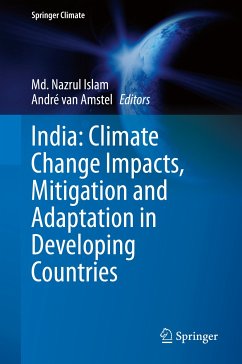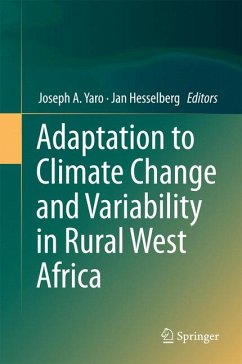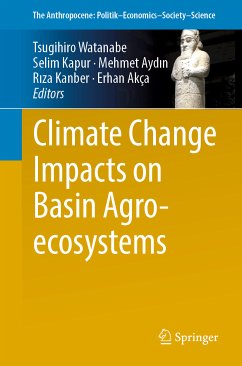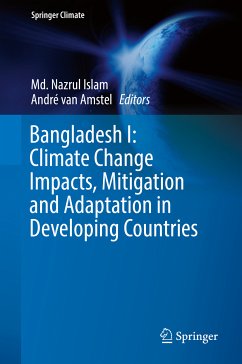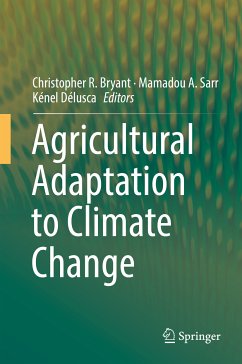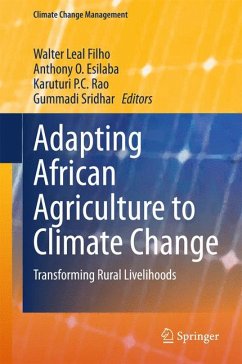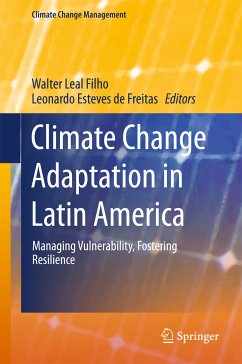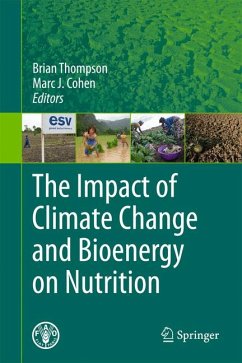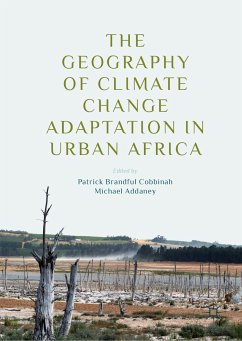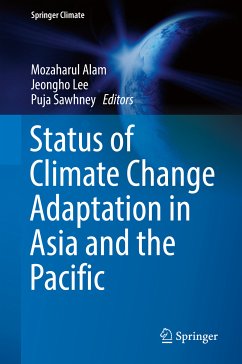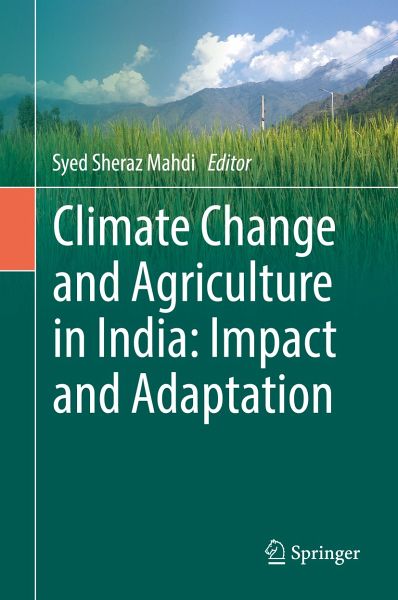
Climate Change and Agriculture in India: Impact and Adaptation (eBook, PDF)
Versandkostenfrei!
Sofort per Download lieferbar
64,95 €
inkl. MwSt.
Weitere Ausgaben:

PAYBACK Punkte
32 °P sammeln!
Presents up-to-date information on climate change impacts and adaption in India
Provides descriptions on the use of GCM tools in climate change
Showcases allied sectors, horticulture and fisheries
Provides descriptions on the use of GCM tools in climate change
Showcases allied sectors, horticulture and fisheries
Dieser Download kann aus rechtlichen Gründen nur mit Rechnungsadresse in A, B, BG, CY, CZ, D, DK, EW, E, FIN, F, GR, HR, H, IRL, I, LT, L, LR, M, NL, PL, P, R, S, SLO, SK ausgeliefert werden.



